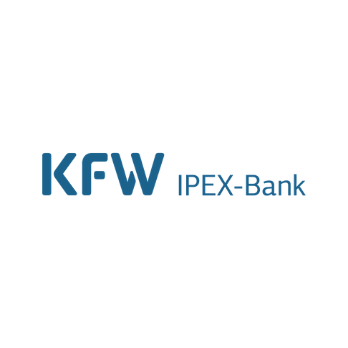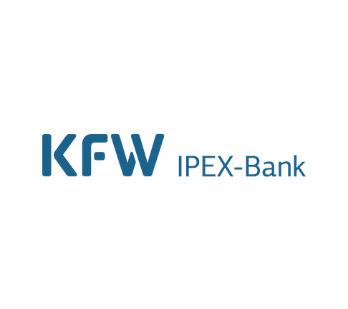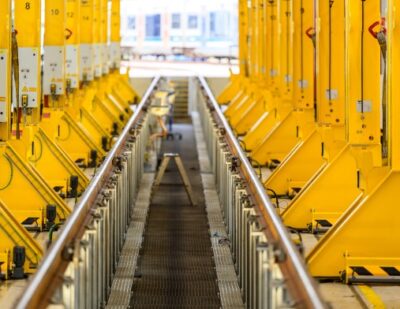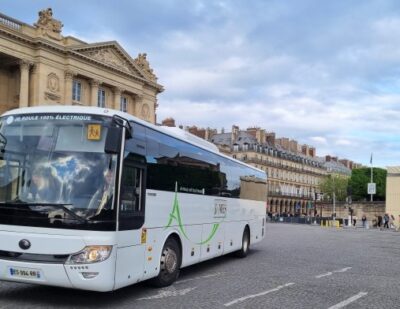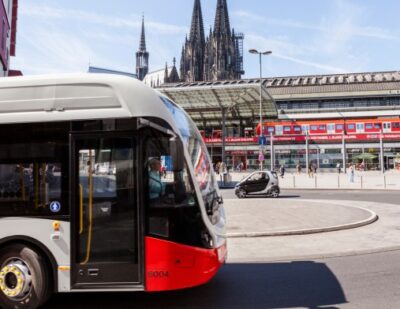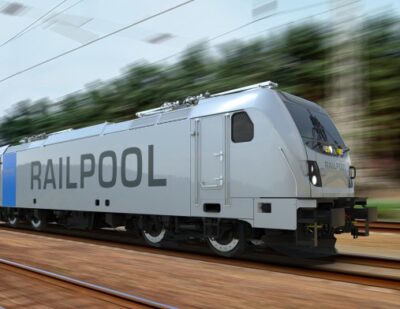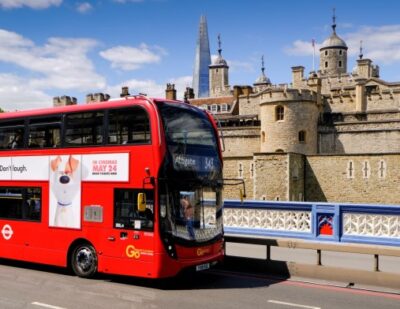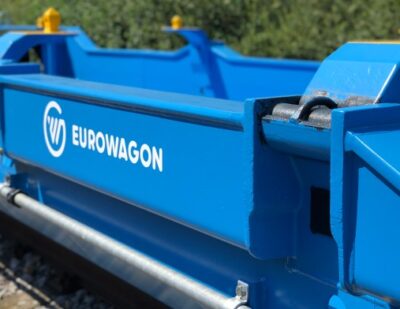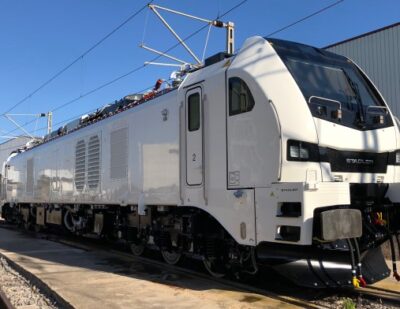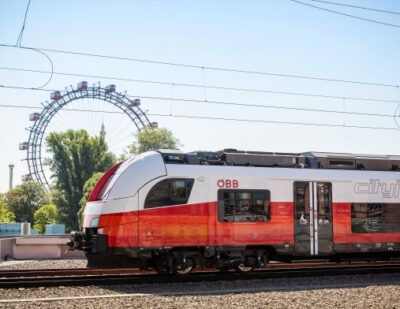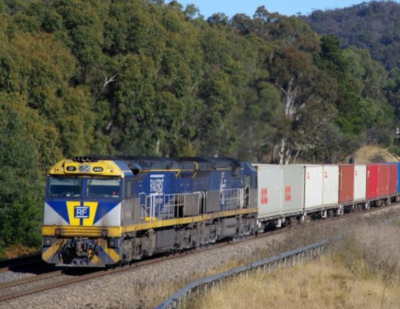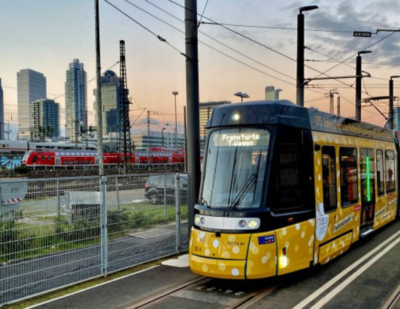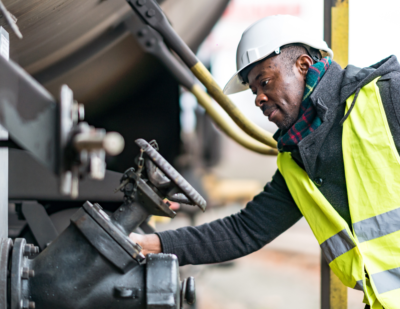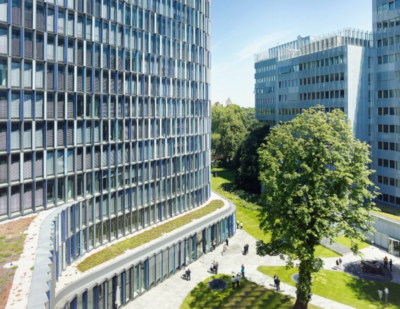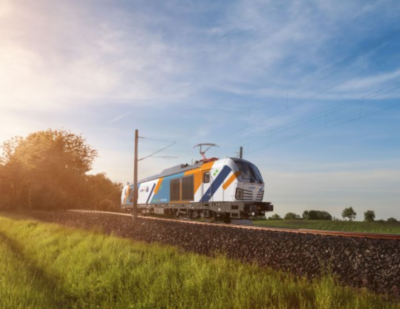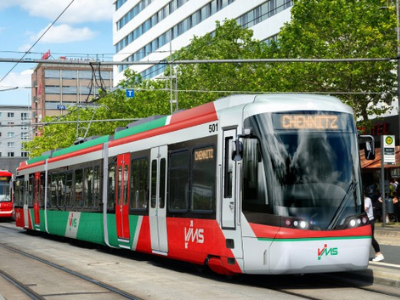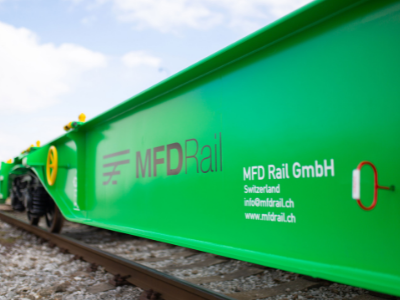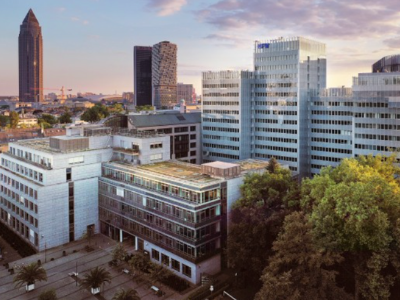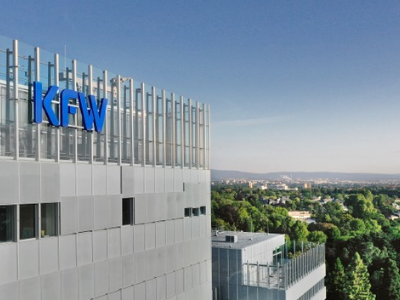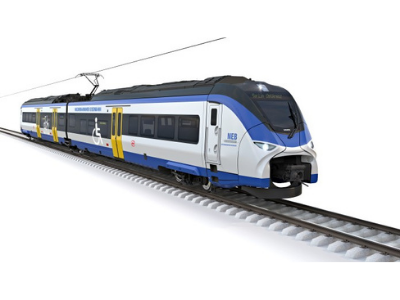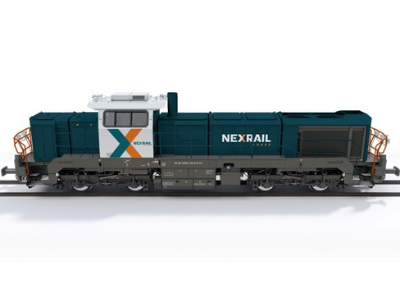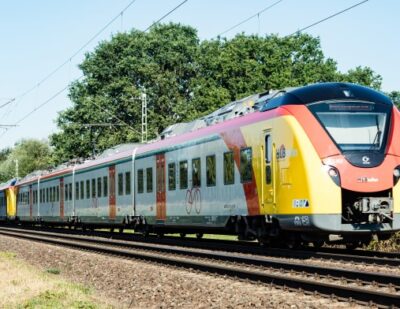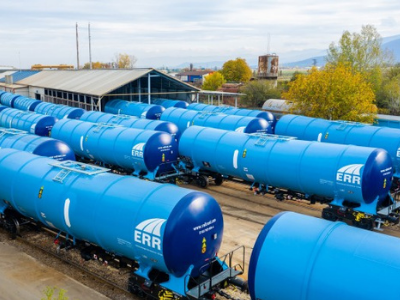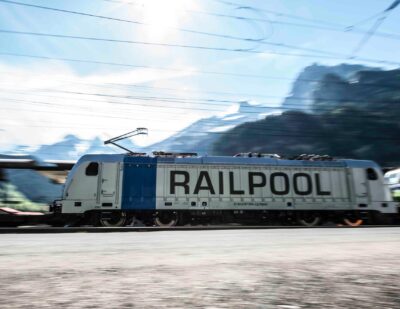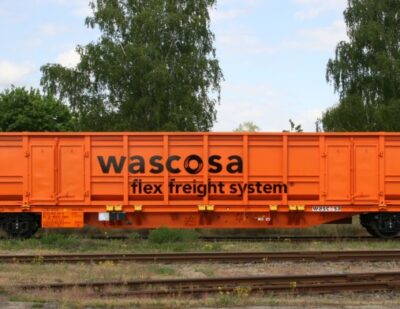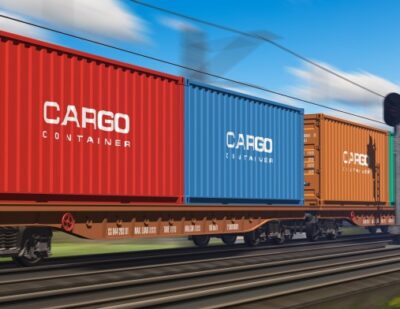Hydrogen Instead of Diesel: Financing by KfW IPEX-Bank and Leasing Solution by DAL for the Heidekrautbahn Railway Near Berlin
- With the support of KfW IPEX-Bank and DAL, Niederbarnimer Eisenbahn (NEB) is taking the next step towards an emission-free fleet – operation of the Heidekrautbahn network with 100% regional green energy from 2024
- Future-oriented contribution to decarbonisation and modernisation of rail transport
- Separation of tasks according to the mobility owner concept
KfW IPEX-Bank and DAL Deutsche Anlagen-Leasing (DAL) have successfully implemented an investment by Niederbarnimer Eisenbahn (NEB) in seven hydrogen trains to run a local public rail service in the Heidekrautbahn railway network. KfW IPEX-Bank’s financing of the tailored leasing structure totalling around EUR 60 million was structured together with DAL and has a term of 25 years from delivery of the trains.
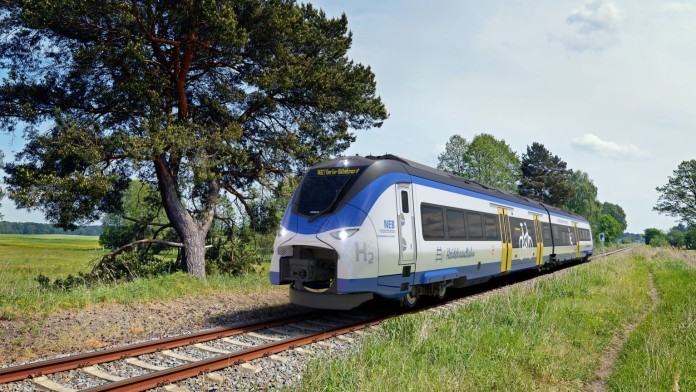
The historic Heidekrautbahn line is operated by Niederbarnimer Eisenbahn, which has commissioned DAL as the lessor to procure and lease the hydrogen-powered vehicles. The segregation of tasks according to the mobility owner concept, in which ownership and operation of the vehicles are separate from each other, offers many advantages to those involved.
The state-of-the-art, innovative Mireo Plus H trains from Siemens Mobility are manufactured in Germany. Equipped with a fuel cell drive and a lithium-ion battery, the second-generation hydrogen trains will ensure completely CO2 emissions-free mobility.
Starting in 2024, they will replace the diesel railcars that are currently still in use on the non-electrified line in the Berlin-Brandenburg metropolitan region. Alongside the hydrogen project, the plan is to reopen the historic Heidekrautbahn main line, which was interrupted when the Berlin wall was built. Operation of the new trains in the whole Heidekrautbahn network will save around 1.1 million litres of diesel per year, equivalent to potential savings of around 3,310t of CO2 when green hydrogen is used.
Hydrogen or fuel cell technology plays a key role due to the existing renewable energy supply in the Brandenburg region. In order to produce the green hydrogen required locally in the region, there are plans to construct a hydrogen plant near the Heidekrautbahn. The electricity required for this is to be generated entirely within the region from wind and solar energy. A hydrogen filling station in the NEB yard creates the infrastructure conditions to ensure the hydrogen supply at the place of energy demand.
The use of hydrogen vehicles on the Heidekrautbahn line is part of a scientifically supported joint pilot project funded by the German Federal Government and the federal states of Berlin and Brandenburg to establish a regional, sustainable hydrogen infrastructure. The project aims to enable emission-free local transport on the basis of domestic renewable energies.
“We are delighted to see innovative, clean and intelligent investments in local public transport, such as this one in the Berlin-Brandenburg metropolitan region. The development of innovative drive concepts and the acquisition of appropriately equipped vehicle fleets is also forward-looking from the perspective of the financing banks. With our financing, we are once again underlining our commitment to the transformation of rail traffic in Germany.”
“We are glad that we were able to realise one of the first leasing solutions for hydrogen trains in Germany with our tailored leasing solution, which combines the special features of the technology of the future – hydrogen – with the requirements of the transport authority in Berlin-Brandenburg and the inclusion of promotional funds. This not only increases the attractiveness of local passenger rail transport in the region, but also makes an active contribution to a sustainable transport transition.”
“We have reached another milestone with today’s signing of the financing agreement for the hydrogen fleet. I am pleased that we can implement this innovative research and transport project on the Heidekrautbahn, which is funded by the German Federal Government and the state of Brandenburg.
“With DAL and KfW IPEX-Bank, we have gained two strong partners with many years of experience in the area of vehicle financing and vehicle leasing, thus ensuring the procurement of hydrogen trains for 2024. Emission-free rail passenger transport based on green, regional, renewable energies makes rail transport in the region more attractive. This brings us a great deal closer to our goal of decarbonising local rail passenger transport in Berlin-Brandenburg. Together, we are accelerating the energy transition and green transport transition.”
This article was originally published by KfW IPEX-Bank.
